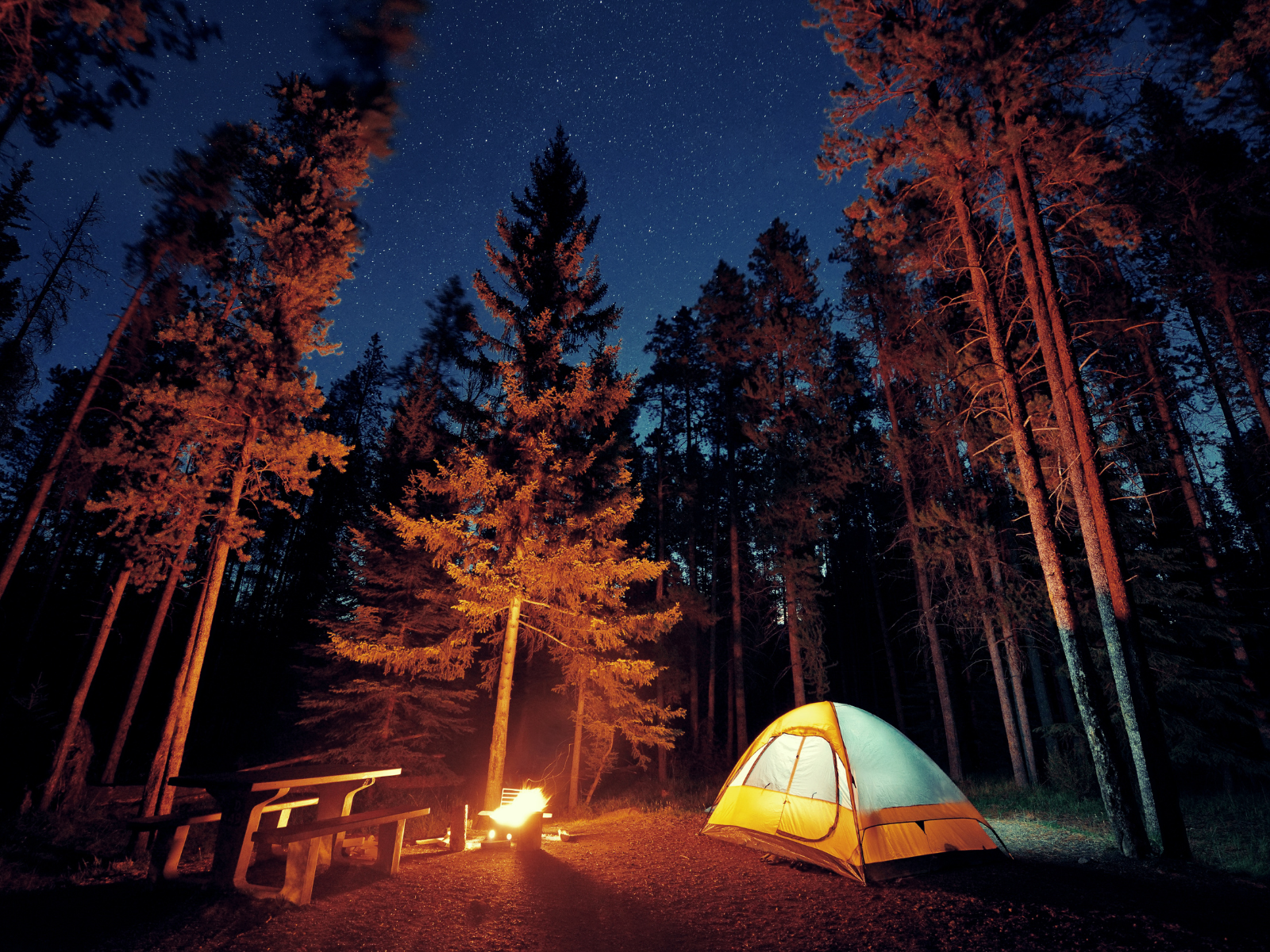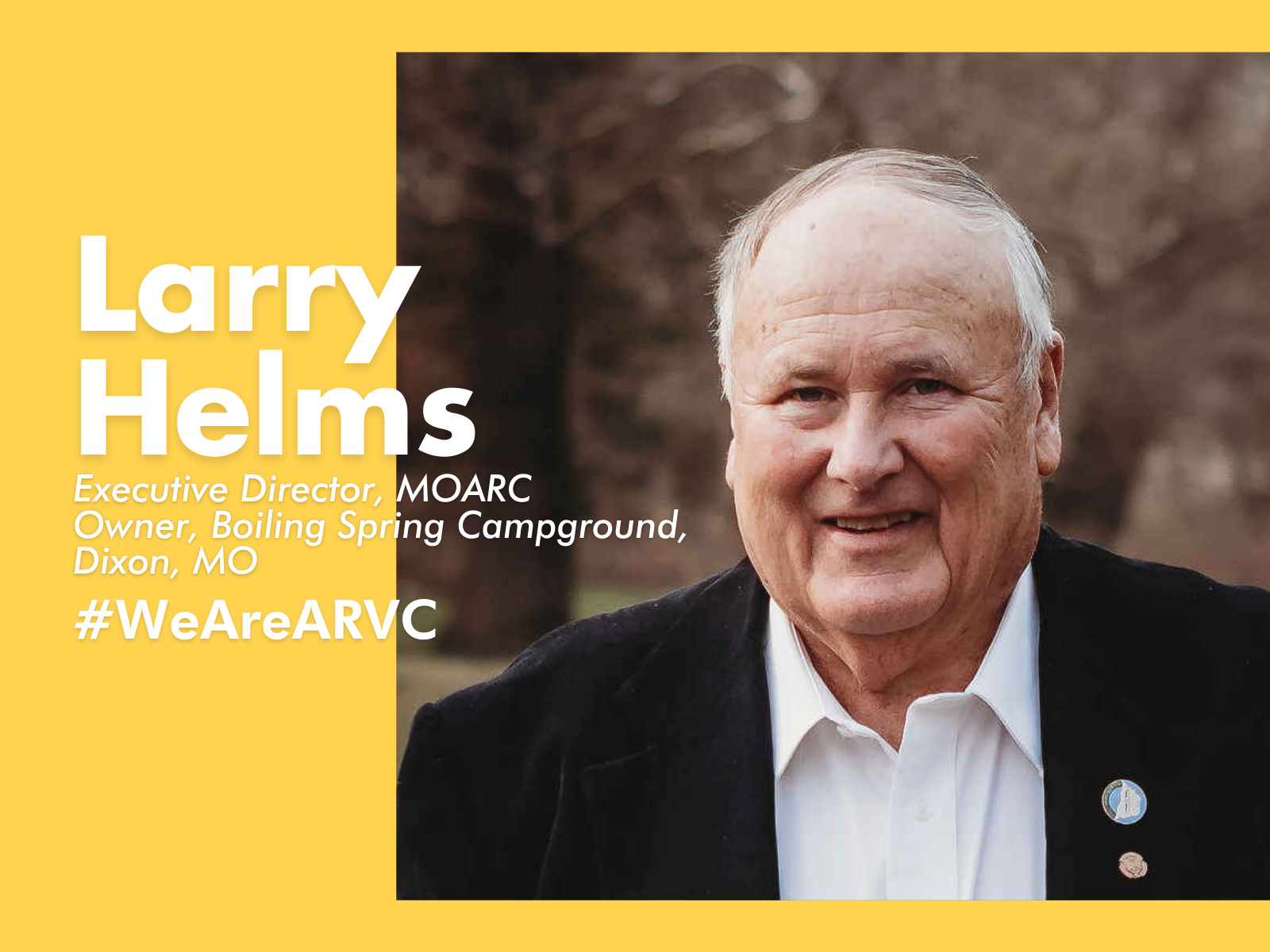Camping, like other outdoor activities, comes with inherent risks—dangers can arise from encountering uneven terrain, natural bodies of water, features of nature such as tree stumps or roots or other elements of the natural world. Even so, some campers have filed lawsuits against campground owners to try to assign blame for injuries that arise from these inherent risks that are beyond the campground owners’ control. That’s why legislation is being introduced in a number of states this year to provide campground owners with immunity from liability for the inherent risks of camping.
“We have inherent risk bills being considered in Alaska, Connecticut, two in Missouri, one in Maine, and one in Indiana,” says Jeff Sims, CPO, OHC, senior director of state relations and program advocacy for ARVC.
He anticipates that a few more states will also introduce bills this year.
Sims emphasized that these bills are not about protecting campground owners from negligence on their part; they are designed to shield them from liability for injuries that may occur as a result of campers encountering risks that exist in the natural world.
“The expectation is that that in some places it’s dark at night, there are tree roots out there, when you get on a trail, there will be rocks and things, and unfortunately, sometimes there are critters like bears,” Sims says. “All of these things are beyond the operator’s control.”
He says that other segments of the outdoor recreation industry, such as the skiing and equestrian industries, already have immunity protections in place. Sims closely monitors these laws so he can use them as examples to show legislators that this type of legislation has been passed before in their state.
Like all state bills, inherent risk legislation has to be passed by both the senate and the house before being submitted to the governor.
“The bills will usually wind up in a judiciary committee,” Sims says. “And the lobbyists for the Trial Lawyers Association and insurance industries may also want to have input.”
As an example, he cited recent requests for additions to one of the Missouri bills. The trial lawyers lobby wanted to add a line stating that a campground owner’s liability would not be limited if they failed to use that degree of care that an ordinarily careful and prudent person would use under the same or similar circumstances. The insurance lobby requested to have campfires, bonfires and wildfires added to the list of inherent risks along with activities such as climbing, repelling or related cliff, mountaineering or caving activity. Neither ARVC or the Missouri Association of RV Parks and Campgrounds (MOARC) viewed these requests as barriers to effective legislation.
The legislative process takes time, as Kristy Smith, executive director of the Ohio Campground Owners Association (OCOA) has found.
“We passed our bill in the House and had begun hearings in the Senate but the bill died in committee at the end of last general assembly,” she says. “The bill sponsors have both said they would like to reintroduce the bill again this new general assembly. “
As of this date, Wisc. Is the only state that has enacted inherent risk legislation into law.
For the latest updates on these bills and other bills as they are introduced, go to arvc.org, log in to your member account. In the top menu, choose the “Benefits & Resources” menu and select “Current Legislation” from the options. The ARVC Monitoring Report is updated Monday through Friday and includes bill summaries, links to the text of the bills and status and hearing notices.
If you have questions about the inherent risk legislative process, contact Jeff Sims at jeff.sims@arvc.org or at 417-337-0451. He can also provide guidance for model language to use when developing proposed legislation.






Leave A Comment